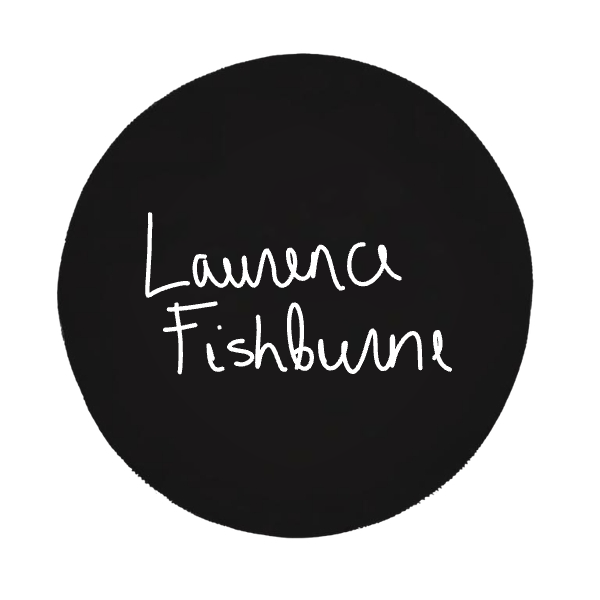Objective
To determine whether Laurence Fishburne fits the ENFP personality type through a structured psychological lens, this study focuses on patterns in his career choices, interviews, acting methodology, and public persona.
Framework: MBTI Cognitive Functions
- Ne (Extraverted Intuition) – dominant
- Fi (Introverted Feeling) – auxiliary
- Te (Extraverted Thinking) – tertiary
- Si (Introverted Sensing) – inferior
Data Collection: Observed Traits of Laurence Fishburne
- Chooses roles that explore freedom, identity, and moral ambiguity (e.g., Morpheus in The Matrix, Ike Turner in What’s Love Got to Do with It?, Thrax in Osmosis Jones)
- Speaks passionately and reflectively about the human condition, ethics, and transformation in interviews
- Often connects disparate themes such as mythology, politics, and personal growth in his roles and commentary
- Exhibits strong personal values and emotional authenticity, often portraying characters with intense internal conviction
- Known for his theatrical and expressive communication style, including poetry, spoken word, and socially conscious storytelling
- Shows versatility across genres—science fiction, historical drama, voice acting, and stage work
- Rarely clings to any single identity or legacy; consistently reinvents himself artistically
- Frequently references dreams, symbolism, and creative imagination as central to his art
- Highly articulate, with a preference for emotionally charged and metaphor-rich language
Pattern Analysis via Cognitive Functions
Ne (Dominant Extraverted Intuition)
- Evidence: Fishburne consistently navigates wide thematic terrain—he gravitates toward mythic, symbolic roles (Morpheus, Othello), reinvents his career across mediums, and interlaces spiritual, social, and creative ideas.
- Analysis: Ne-dominant types seek possibility, connection, and transformation. His ability to shift lenses, envision alternative realities, and breathe new life into old archetypes aligns strongly with dominant Ne.
Fi (Auxiliary Introverted Feeling)
- Evidence: His interviews and roles reflect a deep internal value system. He has played morally complex characters without judging them externally, instead exploring their inner motivations (e.g., Ike Turner’s dark psychology).
- Analysis: Fi provides internal authenticity and emotional depth. Fishburne appears to live and act through a personal moral code, not external validation, supporting Fi as auxiliary.
Te (Tertiary Extraverted Thinking)
- Evidence: When producing or discussing industry issues, he speaks pragmatically about representation, legacy, and discipline in the arts.
- Analysis: Tertiary Te is seen in his ability to organize thoughts persuasively and assert a grounded, constructive viewpoint, without dominating the emotional undercurrent.
Si (Inferior Introverted Sensing)
- Evidence: Fishburne resists nostalgia and convention. He views history as something to interpret creatively rather than preserve, and rarely clings to tradition.
- Analysis: Inferior Si shows up in his restlessness and preference for reinvention. He avoids repetition and structured memory reliance, instead seeking novelty and reinterpretation.
Conclusion
- Dominant Extraverted Intuition (Ne) → eclectic role selection, big-picture exploration, symbolic patterning, reinvention
- Auxiliary Introverted Feeling (Fi) → personal values, moral depth, emotionally charged authenticity
- Tertiary Extraverted Thinking (Te) → clear, structured verbal expression when needed, especially in social advocacy
- Inferior Introverted Sensing (Si) → resistance to tradition, lack of sentimental nostalgia, constant movement toward change
Synthesis
Fishburne embodies the ENFP archetype: the expressive visionary, the moral storyteller, the symbol-weaver who channels emotion into mythic narrative. His career reflects the ENFP’s core motivation to explore possibility through personal truth, to transform reality through creative passion, and to leave behind not a single legacy, but many. His versatility, intensity, and emotional commitment make him a model of Ne-Fi integration, with a clear rejection of rigid structure or traditionalism.
***
